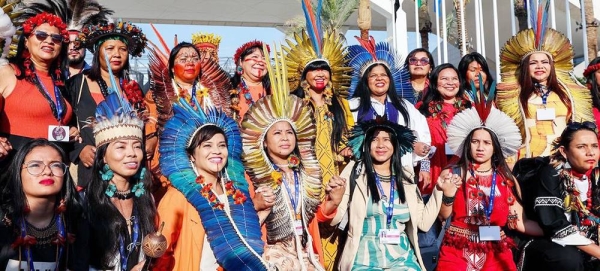
ecently, my seven-year-old turned to me in our kitchen one morning and said: “Is that real, Mum?” He was pointing at a beautiful orange and red corn snake in the middle of the kitchen floor. “No, of course not,” I said, until the snake raised its head and flicked its tongue, no doubt wondering where on earth it was, and whether we were real. It had entered through the kitchen door, and turned out to be an escaped pet.
After the RSPCA reunited the snake with its owner, I began to think about how snakes, creatures that grow by sloughing their old skins, have long been symbols of rebirth and regeneration.
Right now, it feels as if Britain’s cultural institutions, slowly beginning to re-open after the pandemic, could be on the brink of rebirth and regeneration. A few days after the snake incident, the government announced a very welcome £1.57bn emergency fund for the arts and cultural sector. Boris Johnson told the House of Commons that the economic case for supporting the performing arts is overwhelming. He’s right. The cultural sector generates £32bn for the economy every year. Until coronavirus stopped the performing arts in their tracks, the sector had grown five times faster than the UK’s economy as a whole.
But protecting our cultural industries is about more than the earning power of the arts. The human case for supporting and protecting culture is overwhelming, too.
Cultural activity is integral to our national life. It allows us to examine and express who we are, both as individuals and as communities. As well as contributing to economic prosperity, culture and the arts are important for our wellbeing, our education and our social lives.
Many of the country’s most recognisable national institutions have been badly affected by the pandemic. Dramatically reduced numbers of visitors and tourists, social distancing guidelines and a loss of ticket revenue have all dealt a real blow to these places. In Britain’s regions, away from metropolitan centres, the loss of cultural institutions is also being felt acutely.
In Newcastle and Gateshead, home of the Sage Gateshead theatre, of which I’m managing director, we’ve seen what life looks like without the arts during the pandemic. Here in the north-east, our libraries, galleries, theatres and concert halls, many of which were built in the 19th and early 20th centuries by the philanthropists and social reformers of the industrial revolution, have been closed throughout the lockdown.
We’ve kept building on these cultural institutions well into the 21st century, often supported by lottery investment and progressive local authorities. In Sunderland, for example, work has recently started on a new £11m cultural venue for music, dance, theatre and comedy. And this is just one example. Both in the 19th century and now, investment in the arts in Newcastle and Gateshead has been fuelled by a singular belief shared by communities and local authorities: cultural activity, and the infrastructures that support it, is fundamental to making a place better for the people who live there.
The significance of our cultural institutions stretches far beyond the bricks, mortar and glass of concert halls and libraries. The north-east has one of the richest musical heritages in England: from the Northumbrian pipes to bands such as the Mercury-nominated Lanterns on the Lake. And behind our physical buildings lies another, equally important story, about the role cultural institutions play in the lives of local people, and the power of place. These are places where people can go to forget the day’s work, play music with others, where vulnerable young people can build confidence and skills, and where elderly people can combat the isolation and loneliness of old age. They enrich people’s physical, emotional and mental health.
Participating in arts and culture and being creative are universal rights and important drivers of social inclusion. The arts can cement communities of all shapes and sizes across the country, and act as a catalyst to further investment, making places attractive for people to live and work in. The case for protecting our cultural institutions and freelance artists resonates across the whole country, both in big metropolitan centres as well as in smaller towns and rural settings. Cultural regeneration is needed everywhere, and must be a an integral part of how each place recovers from the lockdown.
• Abigail Pogson is the managing director of Sage Gateshead











